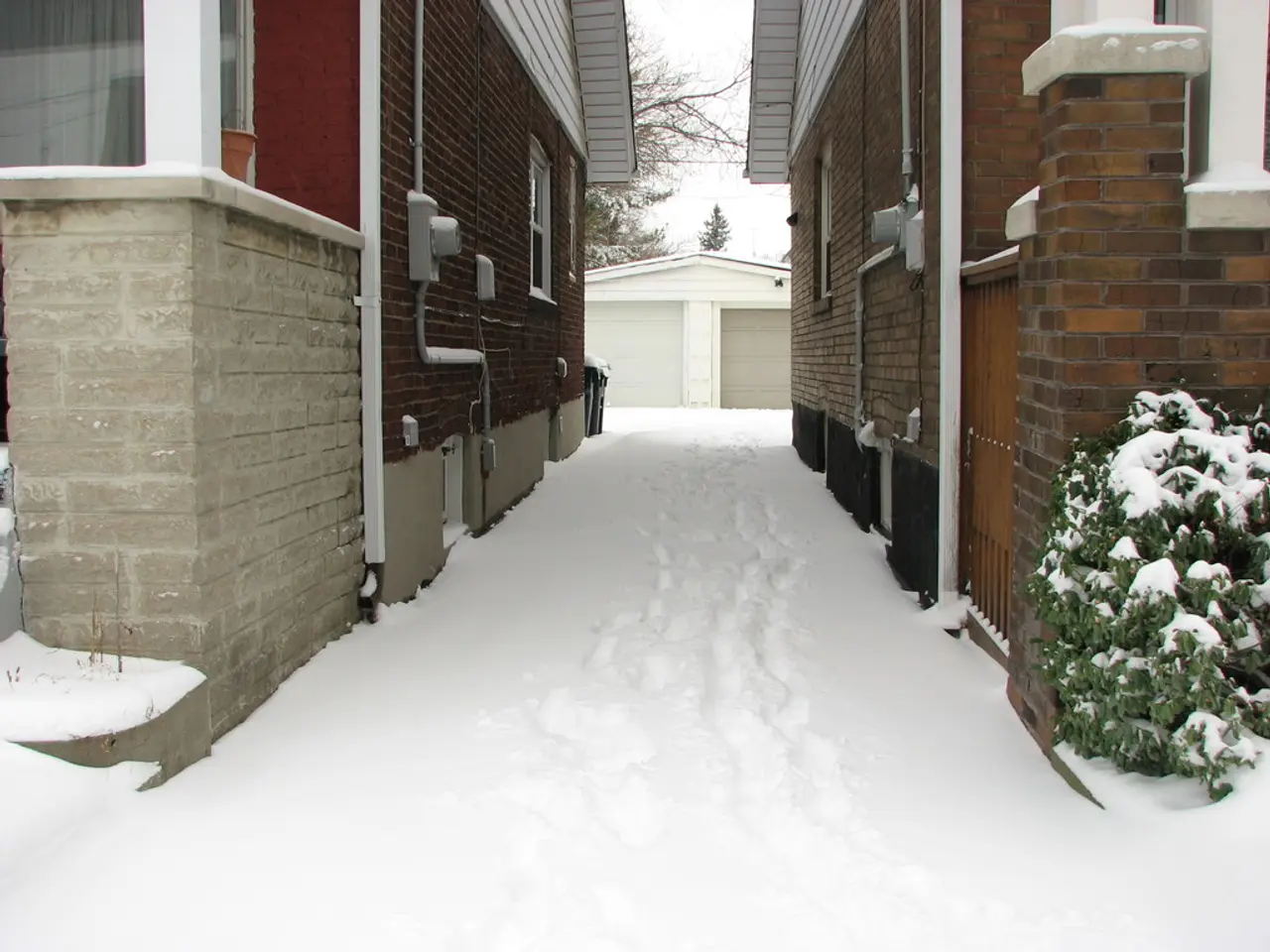Minister's Journey to Leag Town
A debate is brewing in Lusatia, a former lignite mining region undergoing structural transformation as coal is phased out by 2038, over the construction of new gas-fired power plants. The region's future energy landscape is at the centre of this dispute, with concerns about regional fairness and the role of these plants in the energy transition taking centre stage.
Federal Minister for Economic Affairs Katherina Reiche has expressed a commitment to speeding up new gas-fired power plants across Germany, including Lusatia. However, her mention of a priority, often referred to as the "southern bonus," for southern Germany in approving and facilitating new gas plants has triggered protests and criticism in Lusatia and Saxony. Workers and local politicians fear this would disadvantage eastern Germany and Lusatia specifically, undermining the regional structural change efforts and fairness in energy policy.
Leag, the major energy company in Lusatia transitioning from lignite, emphasizes the urgency of replacing decommissioned lignite capacity—3,000 MW expected to be retired by 2030—with gas-fired plants to maintain energy security, especially during periods of low renewable output. The region’s existing infrastructure, hydrogen economy potential, and industrial demand are seen by Reiche and others as strong arguments for locating gas plants in Lusatia. The state government and local leaders demand an even distribution of gas power capacity to support fair transformation and planning security.
The "southern bonus" refers to a federal proposal or implied priority to support new gas power plant construction primarily in southern Germany. Lusatia’s political stakeholders and Leag insist the region must receive equitable support and planning priority due to its infrastructure, industrial demand, and coal phase-out burden.
The federal government aims to use new gas plants to fill gaps in renewable energy supply nationally, with public funding forthcoming. This is part of a broader industrial strategy to maintain energy security while transitioning from lignite to cleaner sources and developing hydrogen economies.
In summary, the debate balances regional equity and energy system needs with federal goals for climate-compatible power generation and industrial transformation in Lusatia. The initiation of state funding for the construction of new gas power plants, with the first tendering process expected to begin by the end of the year, will be a crucial step in resolving this ongoing controversy.
[1] Brandenburg's Minister President Dietmar Woidke (SPD) will be part of the tour at the brown coal power plant in Spremberg. [2] The coalition agreement of CDU, CSU, and SPD mentions the potential construction of up to 20 gigawatts (GW) of gas power plant capacity by 2030. [3] The works council of Leag in Lusatia fears a disadvantage in the construction of new gas power plants compared to southern Germany due to Reiche's statements. [4] The state funding for the construction of new gas power plants is expected to cost billions and requires the approval of the EU Commission.
- The works council of Leag in Lusatia shares concerns that the potential construction of new gas power plants mentioned in the coalition agreement of CDU, CSU, and SPD might disadvantage Lusatia compared to southern Germany, due to the federal Minister for Economic Affairs Katherina Reiche's stated priority, known as the "southern bonus."
- As Brandenburg's Minister President Dietmar Woidke visits the brown coal power plant in Spremberg, he may address the ongoing debate over the construction of new gas-fired power plants in the region, given the long-standing structural transformation from coal and the concerns about regional fairness in energy policy.
- The ongoing controversy surrounding the initiation of state funding for the construction of new gas power plants, with the first tendering process expected by the end of the year, could have significant implications for Lusatia's energy landscape, as the cost for these projects is expected to run into billions and requires the approval of the EU Commission.




